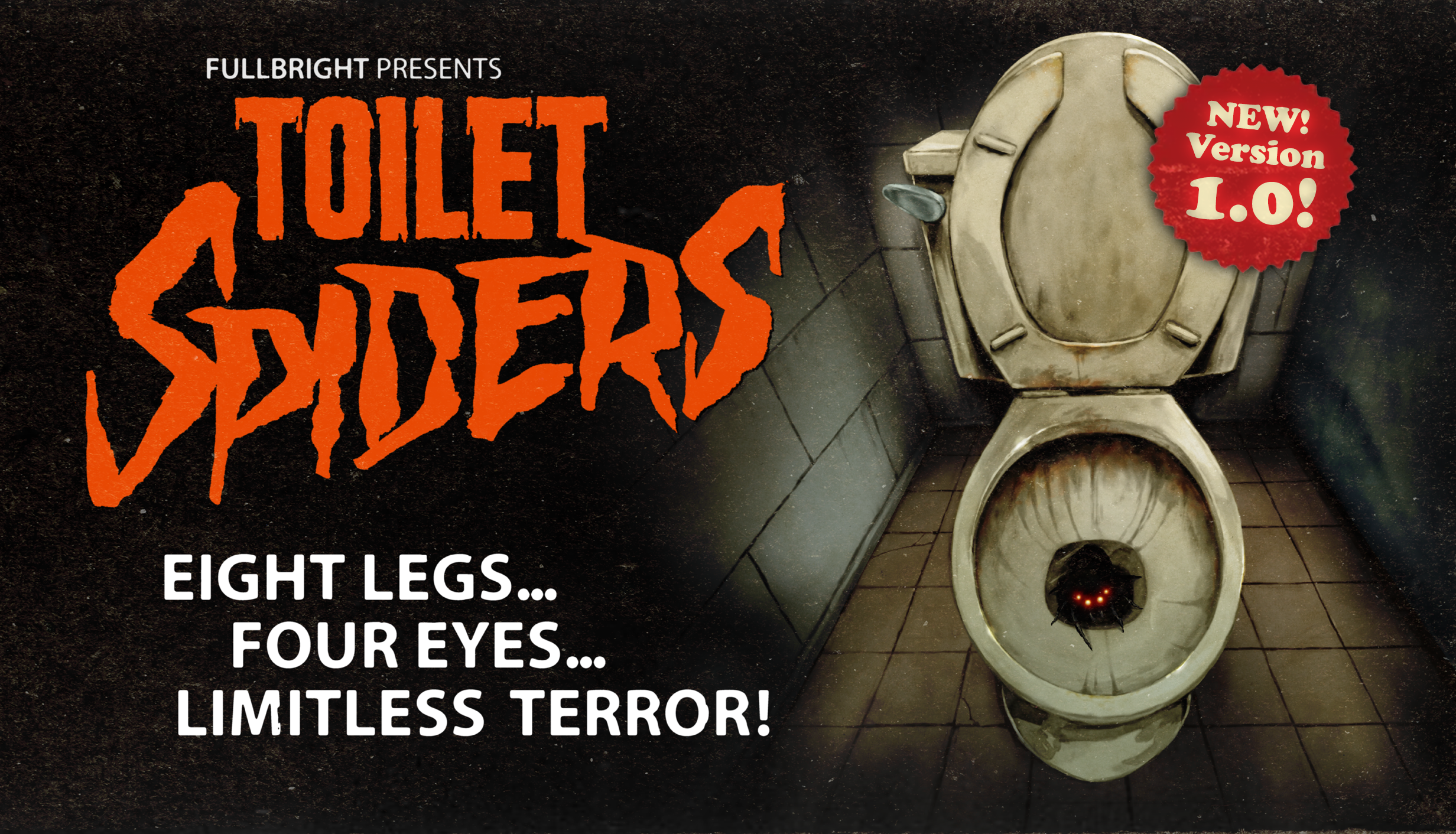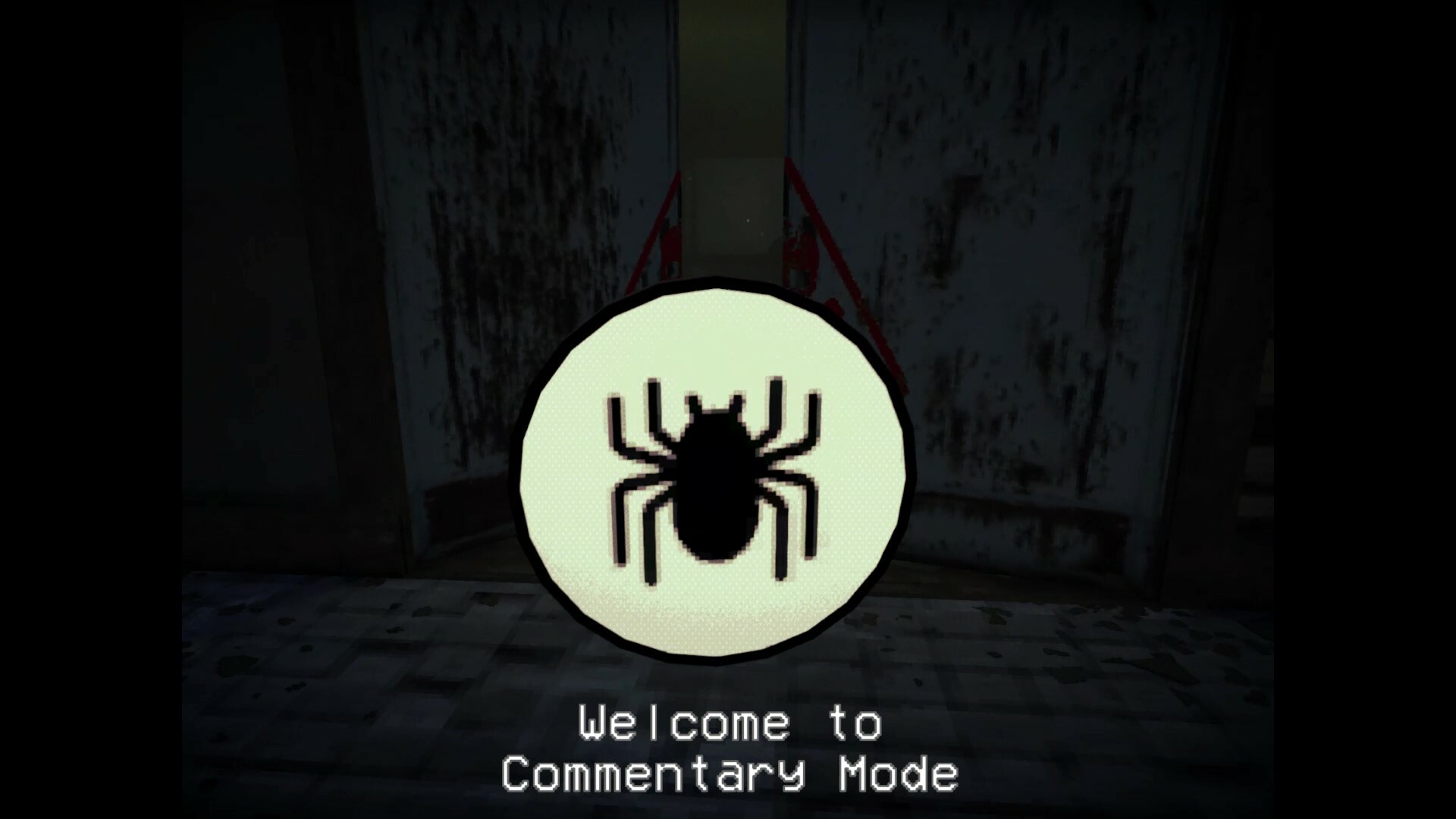

They're out of Early Access, y'all...
Since the initial Early Access release, the first entry in the Fullbright Presents series of short, strange games now features a new intro and ending sequence, new notes to find and Achievements to achieve, plenty of bugfixes and performance improvements, new spooky scare moments, more usability and controller features, and... Commentary Mode?!
https://store.steampowered.com/app/3098700/Fullbright_Presents_TOILET_SPIDERS/
I'm excited to bring this weird game out of Early Access with the 1.0 Update. Here's the latest in Version 1.0:
- Randomized Scripted Scare Moments: The spiders have escaped their toilets... Players have requested more life to the facility in between bathrooms, so as of v1.0, you may now encounter unexpected events during your playthrough. Keep your eyes peeled...
- Along with the controller vibration that was added in the last update, there is now DualShock 4/DualSense controller light support on desktop! If you have a PlayStation controller handy, give it a go.
- "Resource Peek" ability added! I got tired of having to pause the game to check my light bulb/flashbang count when entering a bathroom, so now you can hold R1/Tab at any time to "peek" at what you have in your pockets.
- Super rare spider kill variant, by request (of a five-year-old.) Exactly one out of the 100 spiders present in the facility has now learned karate.
- Commentary Mode! Like all Fullbright games, Toilet Spiders now has a dedicated Commentary Mode. Just toggle it on in the options and a selection of Commentary icons will appear throughout the facility. Activating them will give you a little insight into the inspirations for the game, how it was made, how it works under the hood, and other little bits and bobs! It was fun to make and I hope you'll enjoy learning a little bit more about where the game came from. I mean, Half-Life 2 just did it, why not us? Oh, and there's a new Achievement for finding all the Commentary nodes in one run as well.

From this point forward Toilet Spiders will be in maintenance mode-- so if you run into any major bugs, let me know in the Steam discussion forums. And if any new translation languages come in, I'll add those in an update as well! (If you'd like to do a translation into your language and be credited in the game, take a look in the Steam discussion forum for instructions.)
Alright, thank you Volunteers-- and good luck!










